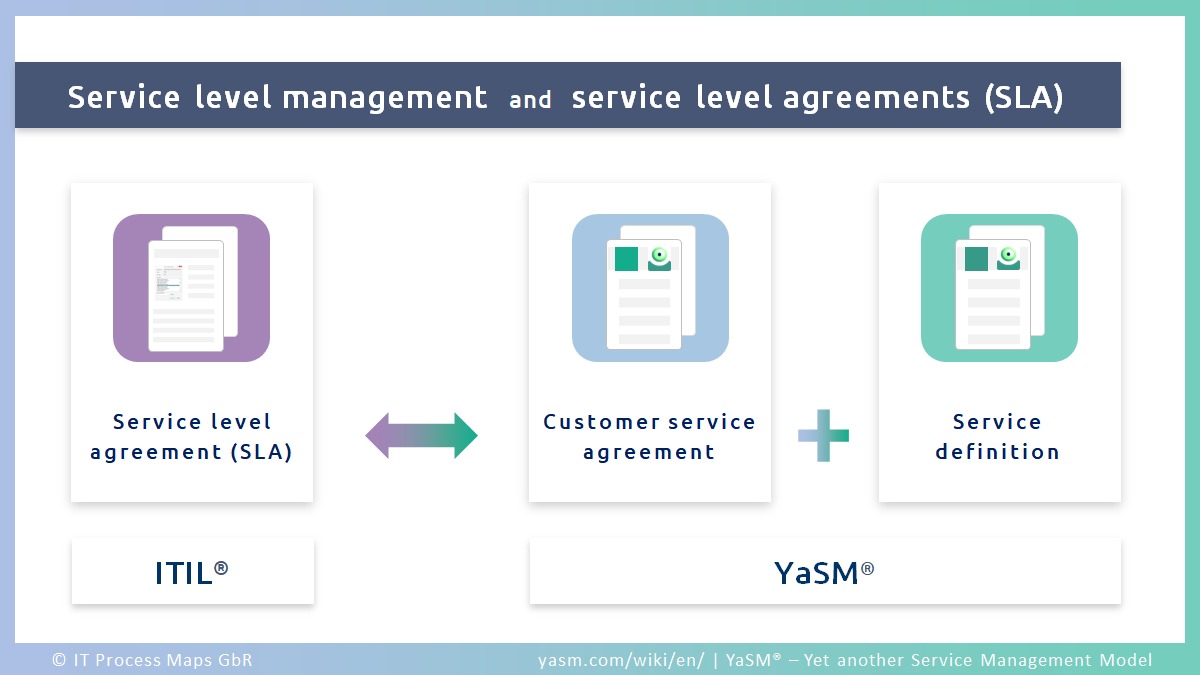 Plans to cut personnel numbers in half at NHS England and the Department of Health and Social Care were revealed the other day in the middle of extreme cost-cutting measures.
Plans to cut personnel numbers in half at NHS England and the Department of Health and Social Care were revealed the other day in the middle of extreme cost-cutting measures.The ‘bonfire of bureaucrats’ is targeted at removing duplication across the organisations after their labor forces swelled during the pandemic.
Health secretary Wes Streeting is likewise looking for to tighten his control over the NHS, deliver much better worth for taxpayers and free-up money for the frontline.

Three more NHS England board members the other day revealed they will stop at the end of this month, following the recent resignations of chief executive Amanda Pritchard and nationwide medical director Professor Sir Stephen Powis.
The latest leaders to join the exodus are Julian Kelly, the chief monetary officer, Emily Lawson, the chief operating officer, and Steve Russell, the chief shipment officer and nationwide director for vaccination and screening.
NHS England is the national quango charged with supervising the day to day running of the health service and its long-term method.
It was established by the Tories in 2013 to give it greater political self-reliance however Mr Streeting is eager to gain back tighter control from within his Department.
NHS England said in a statement: ‘As part of the need to make finest possible usage of taxpayers’ cash to support frontline services, the size of NHS England will be drastically reduced and might see the size of the centre decrease by around half.’
The deeper staffing cuts follow a reduction of about 4,000 to 6,000 employees at NHS England over the past two years and about 800 at the Department of Health and Social Care.
Health secretary Wes Streeting is also looking for to tighten his control over the NHS, in the middle of plans to cut personnel numbers in half at NHS England and the Department of Health
Former NHS England chief Amanda Pritchard will step down from her position at the end of this month
NHS England chief shipment officer Steve Russell (left) and chief operating officer Emily Lawson (best) are among the latest bosses to join the exodus
Sir Jim Mackey, who will end up being interim president at the start of April, will set up a transition team within NHS England to ‘lead the extreme decrease and reshaping of the centre with the Department of Health and Social Care’.
He stated: ‘We understand that today’s news is upsetting for our staff, and we have significant obstacles and modifications ahead.’We intend to have a transition team in location to start on the first April 2025 to help lead us through this period.’

Ms Pritchard said in a note to personnel, seen by the Health Service Journal: ‘In the last number of weeks, I have actually said I believe the time is ideal for radical reform of the size and functions of the centre to best assistance local NHS systems and companies to provide for patients and drive the government’s reform concerns.’
She said Mr Streeting had asked Sir Jim and Penny Dash, the incoming NHS England chair, to ‘lead this work, providing significant modifications in our relationship with DHSC to remove duplication’.
Mr Streeting stated: ‘I wish to put on record my thanks to Julian, Emily and Steve for their devotion as public servants, and their work in particular assisting guide the NHS through the pandemic.
‘I’ve taken pleasure in dealing with each of them over the last eight months and I’ve been impressed by their ability and concentrate on delivering improvement for patients and personnel.
‘We are going into a duration of important change for our NHS. ‘With a more powerful relationship between the Department for Health and Social Care and NHS England, we will collaborate with the speed and seriousness required to meet the scale of the challenge.’
As of June in 2015, NHS England employed simply under 15,000 full-time comparable staff, consisting of long-term, momentary and consultancy. The Department of Health and Social Care had around 9,000, including the UK Health Security Agency. These are both around 30 per cent more than in January 2020.
NHS England primary financial officer Julian Kelly has also added his name to leaders resigning from their positions
Professor Stephen Powis, the NHS national medical director, revealed last week he would step down this summertime
UNISON head of health Helga Pile stated: ‘Staff will be understandably worried about this unexpected change of instructions.
‘The variety of redundancies being looked for at NHS England has actually trebled in simply a matter of weeks.
‘Em ployees there have actually currently been through the mill with limitless rounds of reorganisation. What was currently a difficult prospect has now become more like a headache.
‘Fixing a damaged NHS requires a correct strategy, with central bodies resourced and managed efficiently so regional services are supported.
‘Rushing through cuts brings a threat of producing an even more, more complex mess and might eventually hold the NHS back. That would pull down the very who need it most, the clients.’

Matthew Taylor, primary executive of the NHS Confederation, said: ‘These changes are taking place at a scale and pace not expected to start with, but given the big cost savings that the NHS needs to make this year it makes sense to reduce areas of duplication at a nationwide level and for the NHS to be led by a leaner centre.
‘NHS England has actually currently delivered substantial cost savings and helped to provide enhancements in productivity, but nationwide bodies and local NHS leaders understand that more is required this year.

‘These modifications represent the biggest improving of the NHS’s nationwide architecture in more than a decade. It is very important that local NHS organisations and other bodies are associated with this transformation as the instant next steps end up being clearer, so that an optimal operating model can be produced.

‘This need to have to do with doing things differently for the advantage of regional neighborhoods as both patients and taxpayers, along with for staff ahead of annual survey results on Thursday that are yet again anticipated to show the severe challenges they deal with.’
Wes Streeting
Please login or Register to submit your answer









